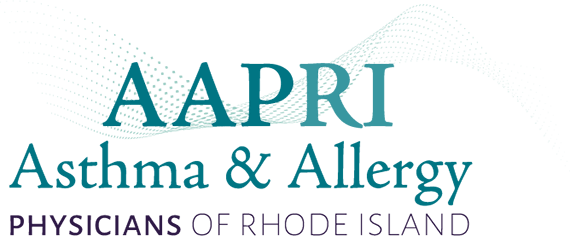Functional medicine is a term you may have heard on the news or seen in a healthy living magazine, but do you know what it’s all about? As functional medicine grows in popularity, it’s important to stay informed so that you can make the best possible choices for your health care. Read on to find out all about what it means for you!
Functional medicine: definition
So what exactly is functional medicine? It’s defined as a biology-based, systematic approach to medicine that focuses on identifying and treating the root cause of a disease. In other words, functional medicine treats the patient as a whole person, not just as a bunch of different symptoms.
Integration of medical disciplines and philosophies
A key part of functional medicine is the integration of aspects of Western medicine (such as laboratory testing and prescription drugs) with “alternative” medicine practices (such as plant-based medicines, therapeutic diets, and stress-reduction techniques) to form a complete, fully comprehensive diagnostic and treatment program for each patient.
How can functional medicine help you?
What does this mean for you? Standard medical practice generally goes something like this: you have a symptom (or a few symptoms). You go to your doctor. Your doctor either refers you to a specialist for the symptom or gives you medication. This is all very straightforward if you, say, break your leg. You go to the doctor, you get X-rays to confirm the break, you get treatment such as pain medications and casts. And in most cases, that’s it–a straightforward process. This system of medicine is fine for acute types of issues. But it works poorly for many other situations including chronic, complex illnesses such as allergies. Enter functional medicine!
By putting the focus on the patient as a whole and not just specific symptoms, functional medicine provides a more complete diagnosis and an effective, all-encompassing treatment. For example, if you are sick, prescribing you a nutrient-rich diet specific to your biochemical and genetic needs can boost your body’s natural healing mechanisms. (Adding in nutrition and supplements instead of just prescribing antibiotics.) Simply put, you’re not just dealing with the illness, you’re actually increasing your body’s amazing, natural ability to heal.
Increased trust for doctors and patients
Functional medicine also lends itself to developing strong patient/doctor bonds. In the current model, patients sometimes feel rushed and overlooked. Full assessments allow us to focus on the whole, individual person. This allows us to work closely with patients, developing a strong therapeutic relationship.
We here at AAPRI believe that functional medicine is the best way to treat you and your allergies. We’ll be integrating this practice more and more at AAPRI, stay tuned for info in the coming months!

